Summaries of books about Philosophy:
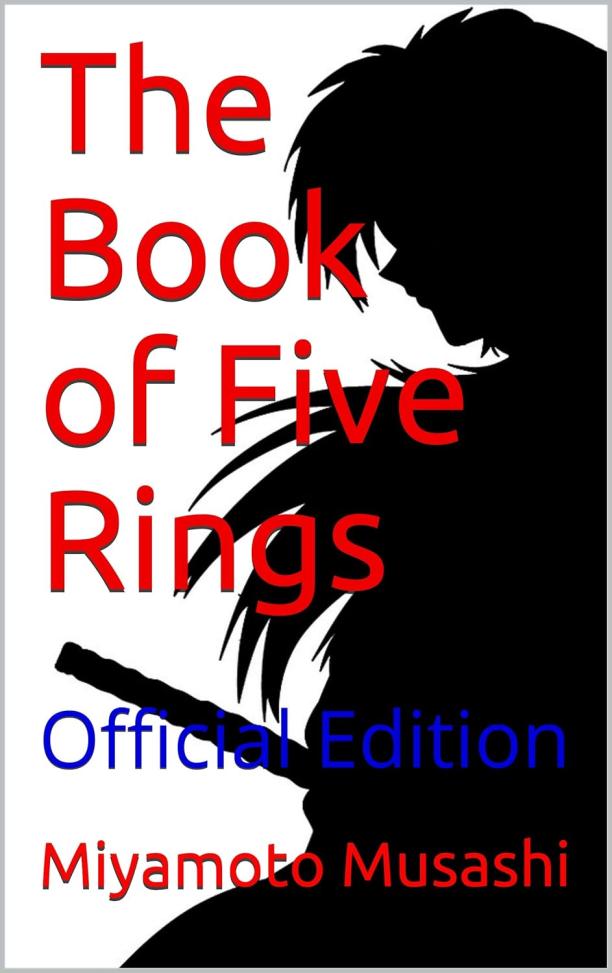
The Book of Five Rings by Miyamoto Musashi
Official Edition
Miyamoto Musashi
The text is a treatise on swordsmanship and strategy, written by the legendary Japanese swordsman Miyamoto Musashi, offering insights into martial arts philosophy and tactics. It is divided into five books, each discussing different aspects of battle and mindset, such as the way of the warrior, the nature of different strategic approaches, and the importance of timing and rhythm in combat.
See full summary
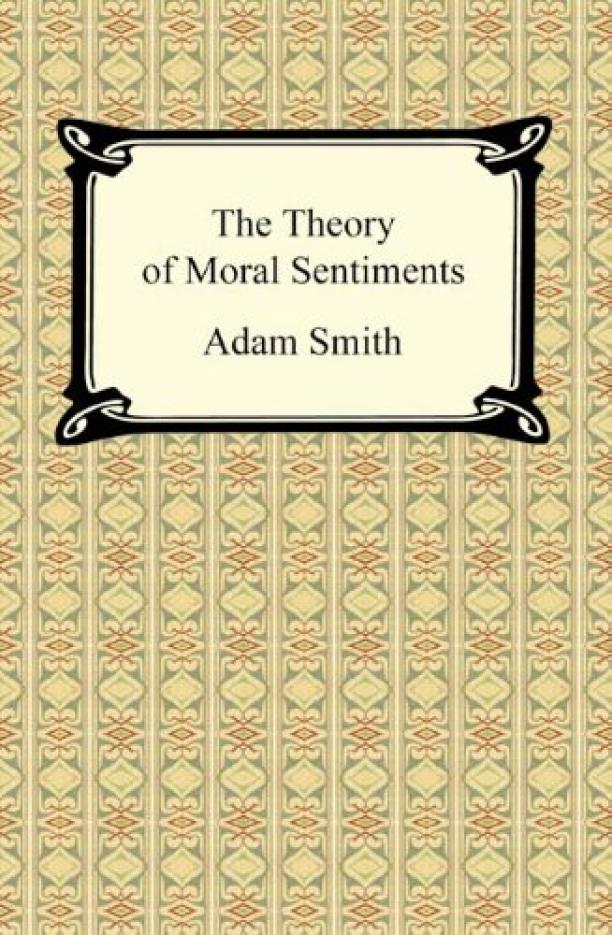
The Theory of Moral Sentiments
Adam Smith
The book explores the nature of ethical judgments, arguing that moral feelings stem from sympathy, and it examines the way individuals' ability to cultivate virtue depends on their social context and innate character traits. It delves into the roles of self-interest, the impartial spectator, and the desire for mutual sympathy of sentiments in shaping moral actions and societal norms.
See full summary
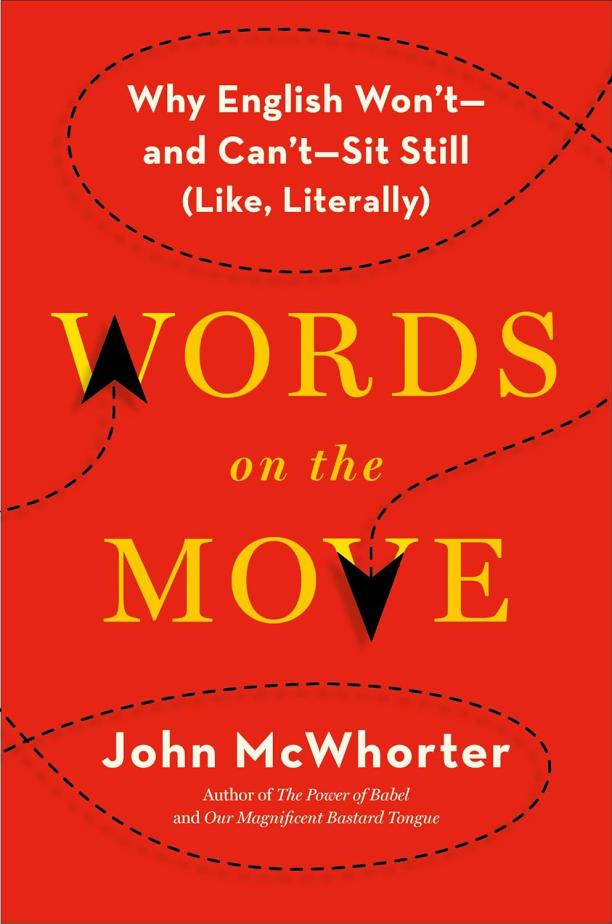
Words on the Move
Why English Won't - and Can't - Sit Still
John McWhorter
The book explores the dynamic and ever-evolving nature of the English language, examining how words change in meaning, pronunciation, and usage over time. It delves into the linguistic forces and social factors that drive these changes, challenging the notion that such shifts represent a decline in language quality.
See full summary
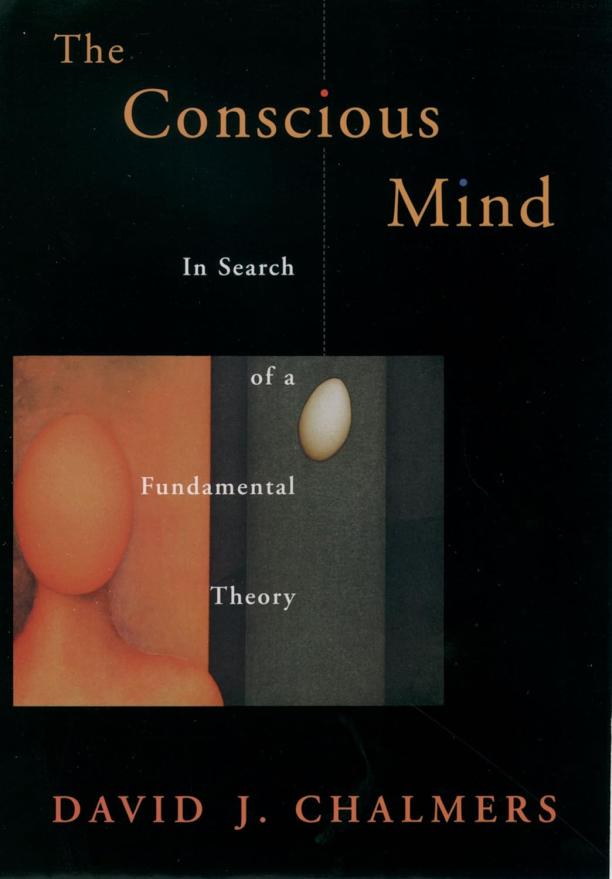
The Conscious Mind
In Search of a Fundamental Theory
David J. Chalmers
The book presents a comprehensive argument for the importance of consciousness in the philosophy of mind, challenging materialistic views by proposing that mental states are fundamental to the universe, akin to space, time, and matter. It introduces the "hard problem" of consciousness, questioning how subjective experiences arise from physical processes, and explores the possibility of panpsychism and the existence of consciousness in various forms across the universe.
See full summary
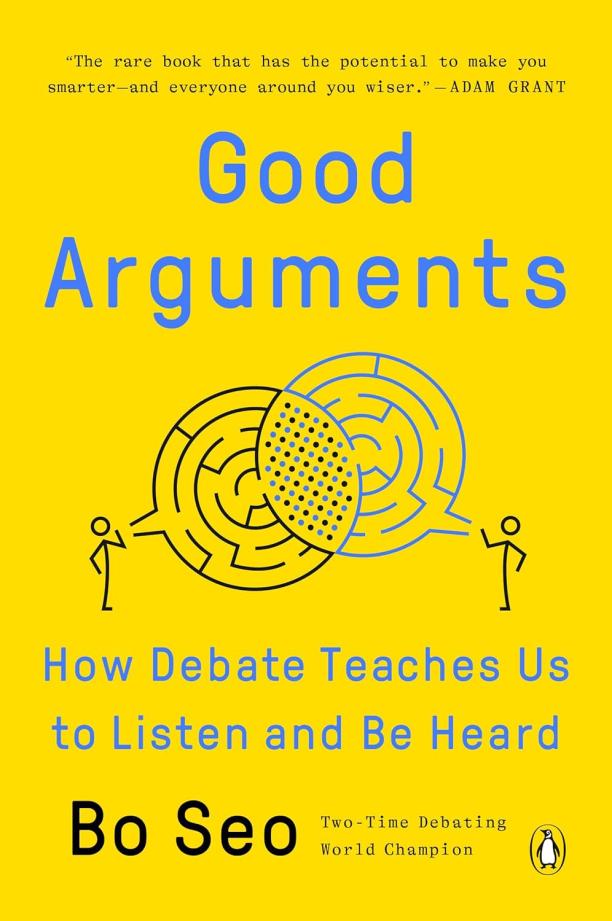
Good Arguments
How Debate Teaches Us to Listen and Be Heard
Bo Seo
The book explores the art of debate, emphasizing its role in fostering understanding and improving communication skills. It provides insights into listening effectively and articulating points of view in a way that promotes constructive dialogue and mutual respect.
See full summary
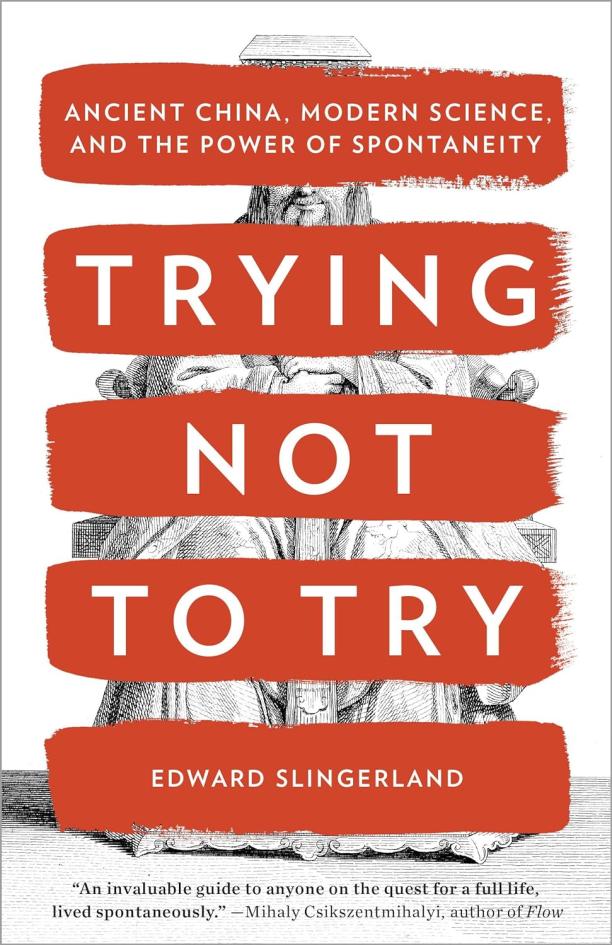
Trying Not to Try
Ancient China, Modern Science, and the Power of Spontaneity
Edward Slingerland
The book explores the Chinese concept of wu-wei, or effortless action, through the lens of both ancient philosophy and modern cognitive science. It examines how the teachings of Confucianism, Daoism, and other schools of thought can inform contemporary life and help individuals achieve a state of natural, spontaneous flow.
See full summary
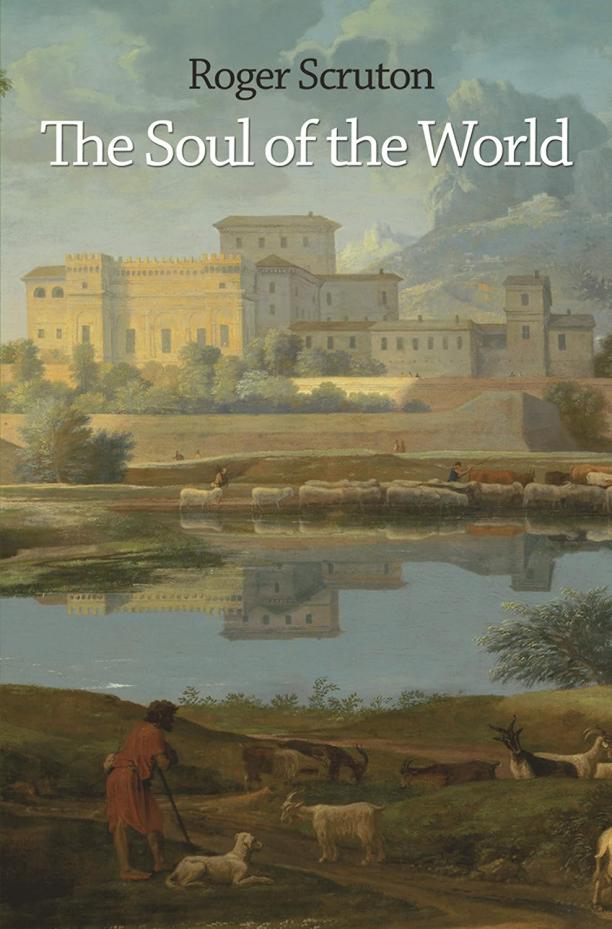
The Soul of the World
Roger Scruton
The book defends the importance of shared religious and cultural practices in fostering a sense of sacredness and transcendence in an increasingly secular world. It argues for the significance of aesthetic and moral experiences in understanding human nature and our place within the cosmos.
See full summary
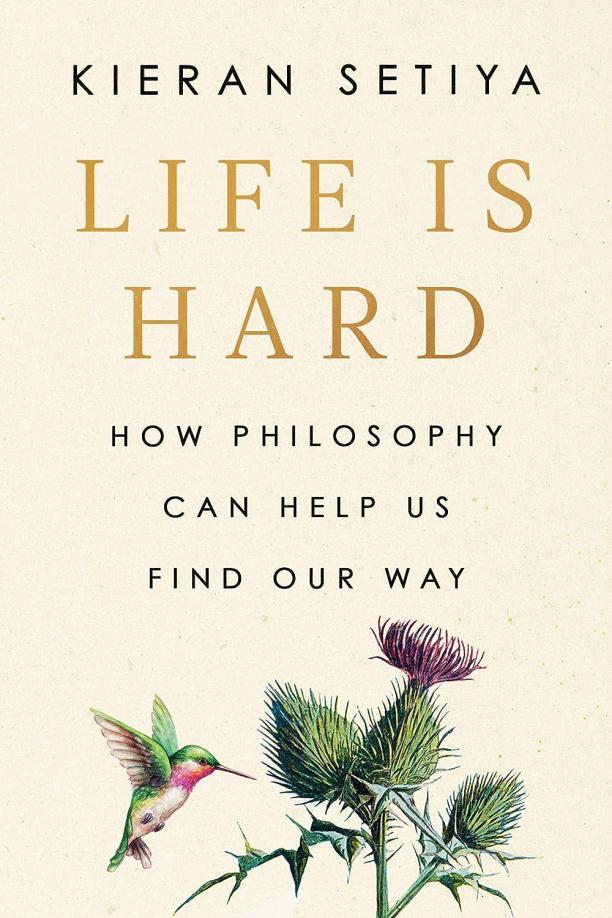
Life Is Hard
How Philosophy Can Help Us Find Our Way
Kieran Setiya
The book explores philosophical concepts and theories to address the challenges and adversities inherent in human life, offering insights and practical advice on how to navigate hardship and find meaning. It delves into topics such as mortality, failure, and the search for happiness, drawing from a range of philosophical traditions to provide guidance and solace.
See full summary
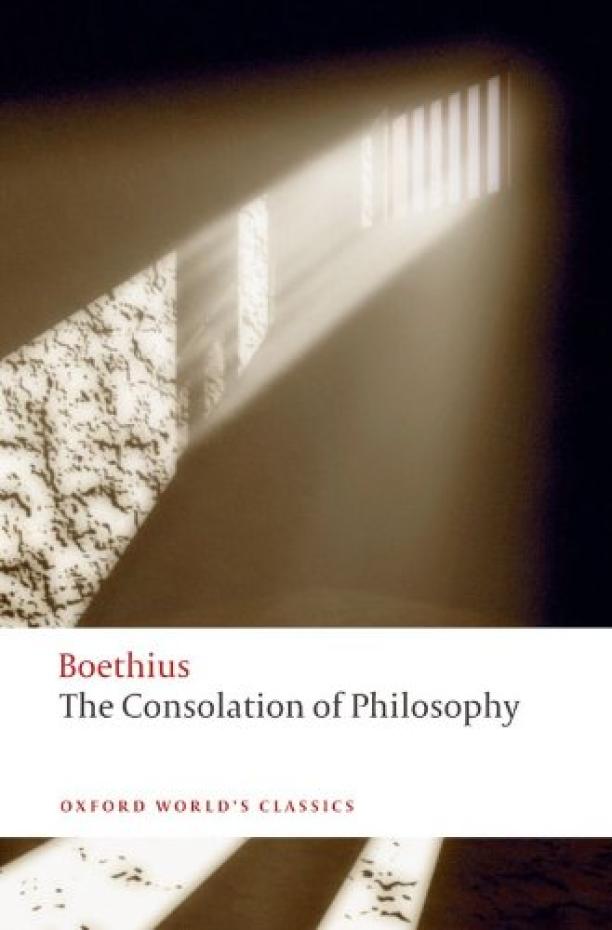
The Consolation of Philosophy
Boethius
The book is a philosophical dialogue between the author, imprisoned and awaiting execution, and Lady Philosophy, who offers him comfort through discussions on the nature of fortune, suffering, and happiness. It blends classical philosophy and Christian theology, exploring themes of fate, free will, and the pursuit of virtue.
See full summary
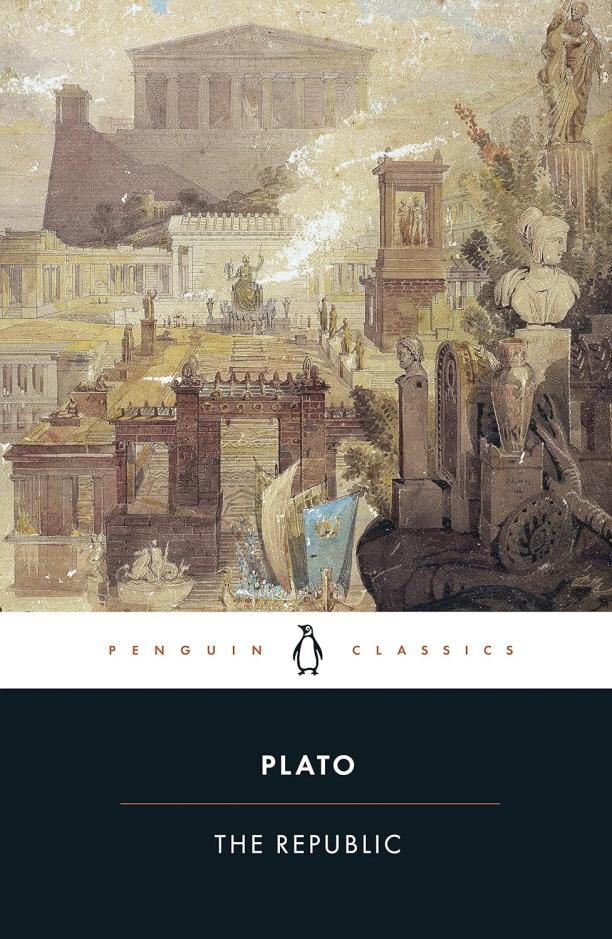
The Republic
Plato
The book is a Socratic dialogue that explores the meaning of justice, the order and character of the just city-state, and the just man. It also introduces Plato's philosophical views on the nature of reality and the theory of forms, including the allegory of the cave and the concept of philosopher-kings.
See full summary